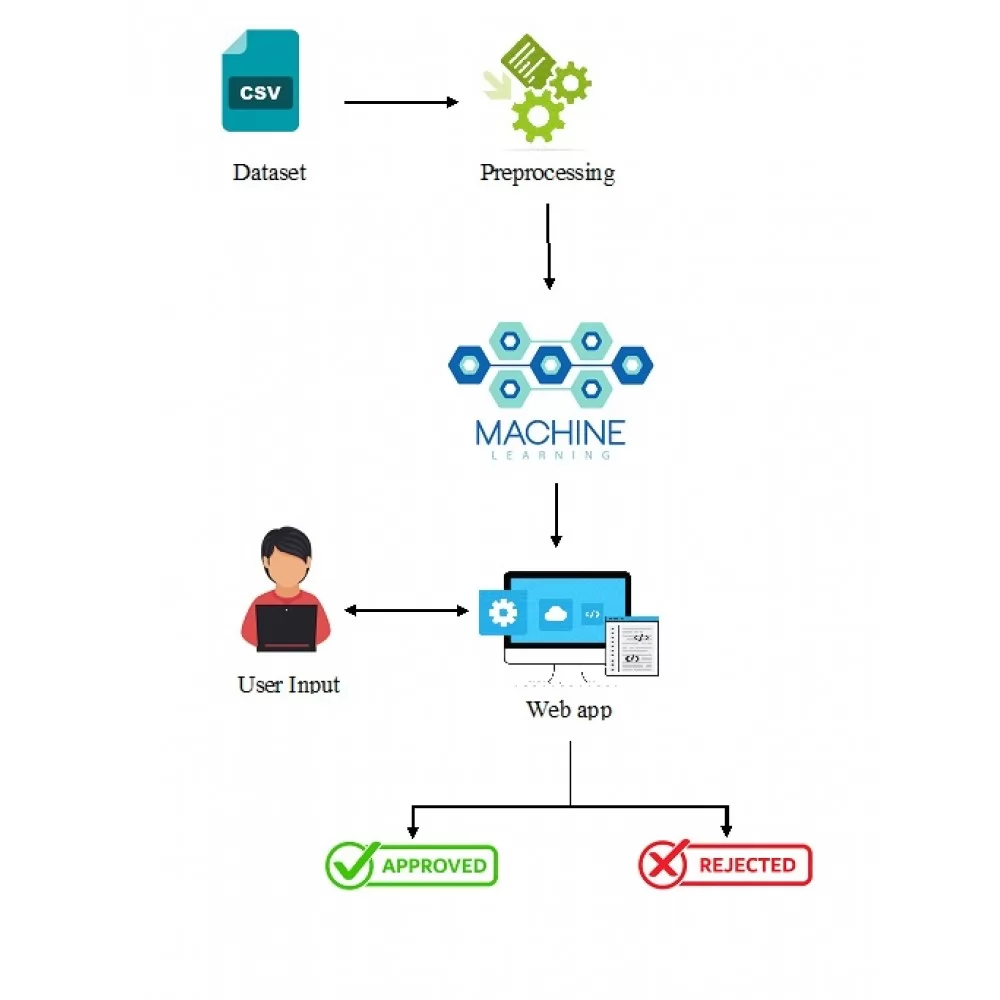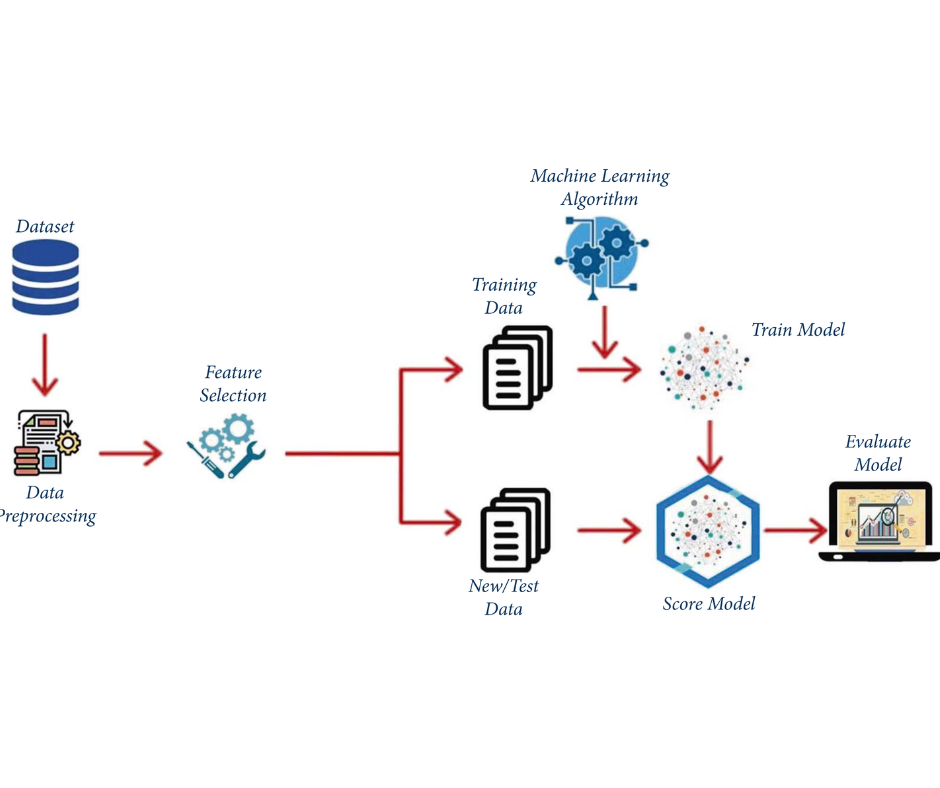A collection of Advanced Data Analysis Projects & Techniques.
How hard is Advanced Data Analysis with Machine Learning?⬇️
Advanced Data Analysis with Machine Learning can be challenging due to its complex algorithms and the need for a strong foundation in statistics and programming. The integration of sophisticated models demands a deep understanding of data nuances, feature engineering, and fine-tuning, making it a demanding yet rewarding field.

Breast Cancer Detection Using LR, Random Forest & XGBoost Algorithm.
"This project employs LR, Random Forest, and XGBoost algorithms for breast cancer detection. Leveraging machine learning, it analyzes data to identify patterns indicative of cancerous growths. The combination of these algorithms enhances accuracy, aiding early detection and improving prognosis for individuals at risk of breast cancer."

E-Signing Of Loan Based On Financial History Using SVM Algorithm.
"E-Signing of loans employs SVM algorithm to assess applicants' financial history, automating the approval process. This innovative system streamlines loan approvals by analyzing historical financial data, enhancing efficiency and accuracy in decision-making for lenders. It combines electronic signatures and machine learning for a secure and data-driven lending experience."

Restaurant Review's Sentiment Clasification Using Naive Bayes & XGBoost.
"This project employs Naive Bayes and XGBoost algorithms for restaurant review classification, aiming to analyze and categorize customer feedback. Leveraging machine learning, it distinguishes between positive and negative reviews, providing valuable insights for restaurant owners to enhance customer satisfaction and overall dining experience."

Customer Segmentation Using PCA & K-Means Clustering Algorithm.
"Customer Segmentation Using PCA & K-Means applies Principal Component Analysis (PCA) to reduce data dimensions, enhancing K-Means clustering accuracy. This method classifies customers based on similarities, enabling targeted marketing and personalized strategies for diverse customer groups, optimizing business outcomes."

Medical insurance premium prediction(Support Vector Regression and XGBoost Regression).
"Predict medical insurance premiums using Support Vector Regression and XGBoost Regression. This model utilizes advanced algorithms to analyze historical data, considering various factors affecting insurance costs. Accurate predictions help individuals and insurers make informed decisions, optimizing coverage and premiums for better financial planning in the healthcare sector."

Employee attrition prediction Using LR & XGBoost Algorithm.
"Predict employee attrition with LR & XGBoost Algorithm. Utilizing logistic regression and XGBoost models, this analysis forecasts employee turnover, aiding businesses in proactively addressing retention challenges. Leveraging machine learning, the system assesses factors influencing attrition, empowering companies to implement targeted strategies for employee engagement and retention."

Credit card fraud detection Using XGBoost Algorithm.
Credit card fraud detection using XGBoost Algorithm employs advanced machine learning to analyze transaction patterns, swiftly identifying suspicious activities. XGBoost enhances accuracy by boosting decision trees, providing a robust solution to safeguard financial transactions, ensuring swift and effective detection of potential fraudulent transactions.

Customer Churn Prediction Using Logistic Regression, Random Forest & XGBoost.
"This project employs Logistic Regression, Random Forest, and XGBoost algorithms to predict customer churn, helping businesses anticipate and mitigate customer attrition. By analyzing historical data, these models assess factors influencing churn, enabling proactive measures to retain customers and enhance overall business stability."
